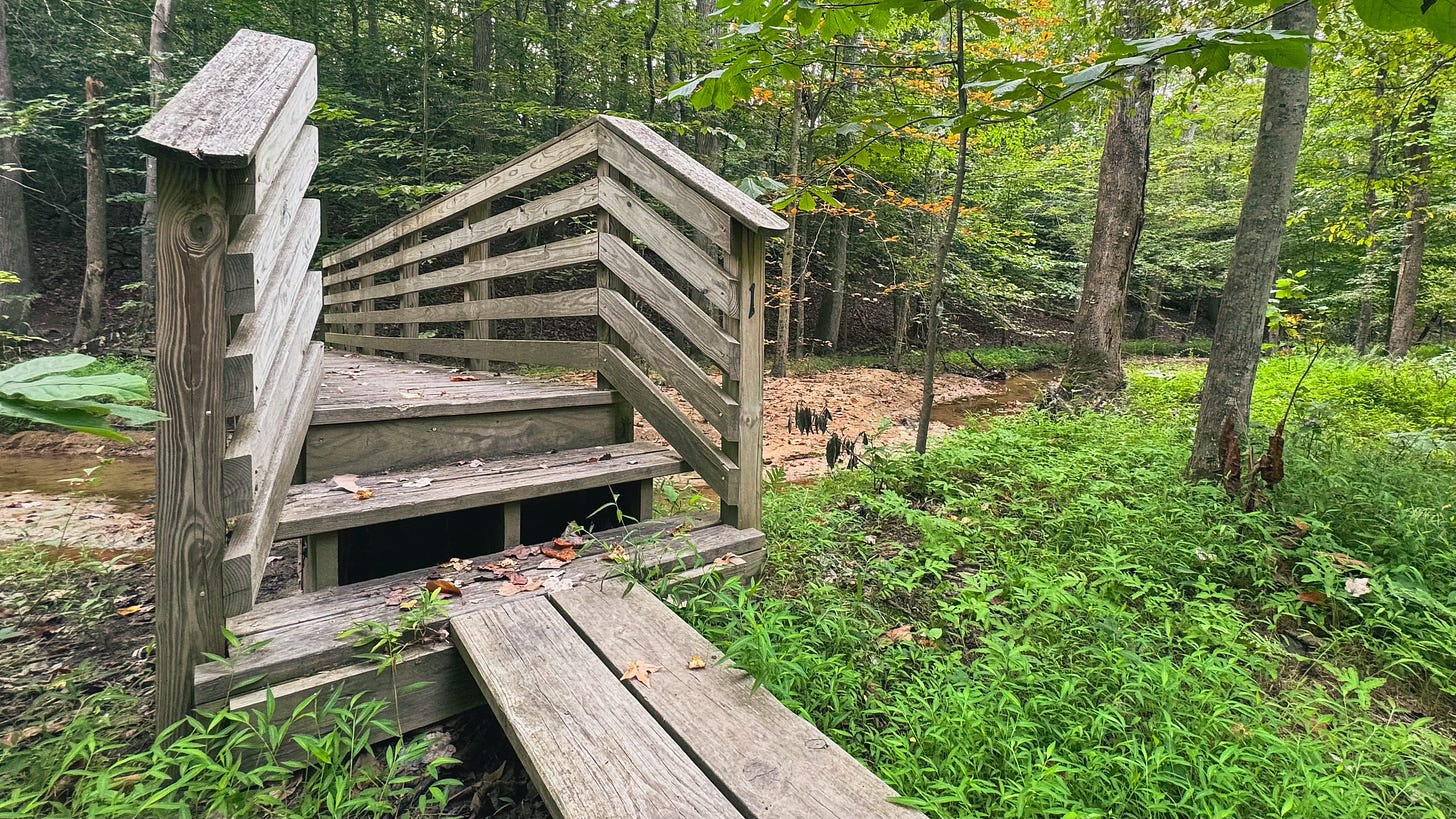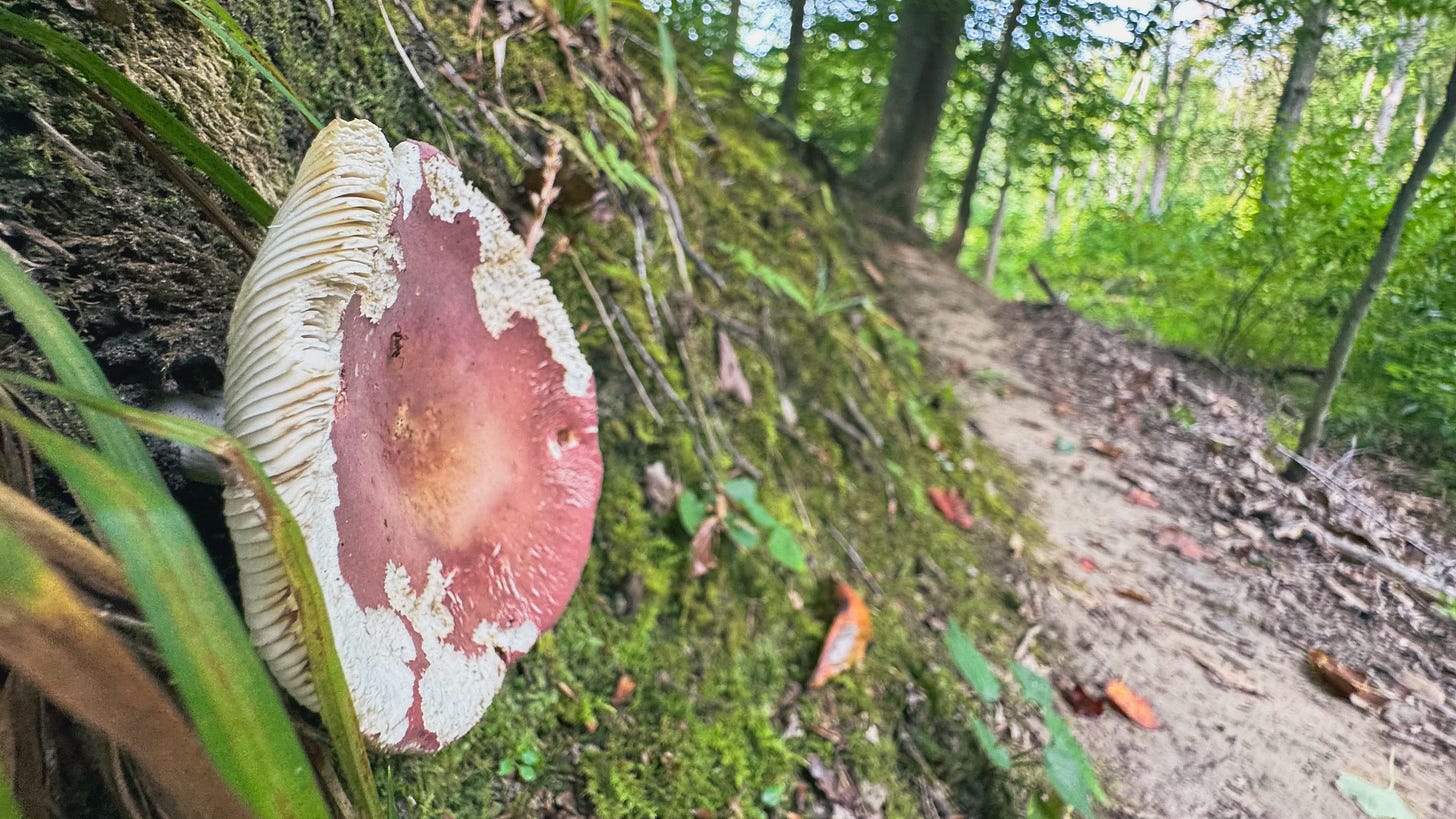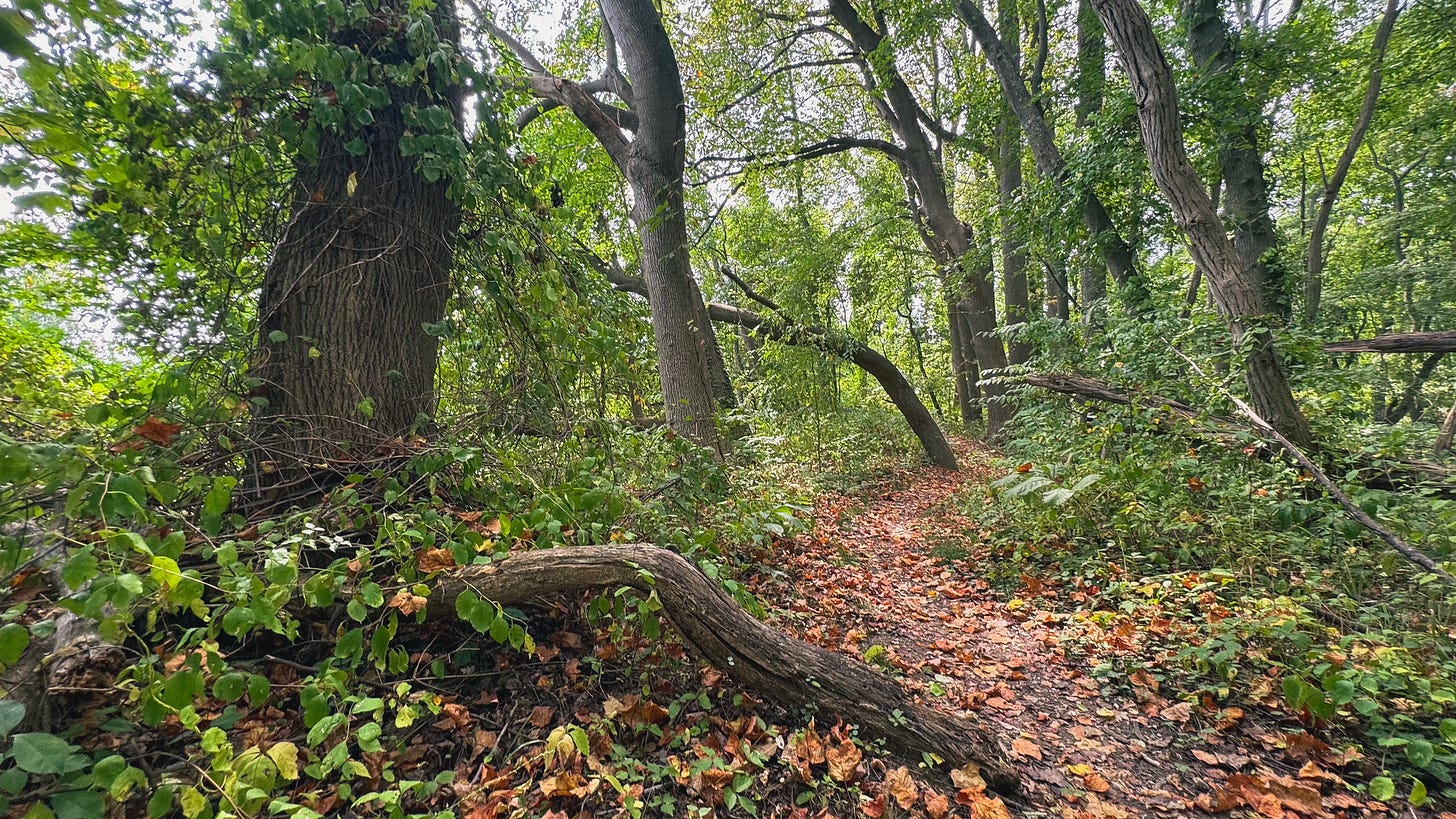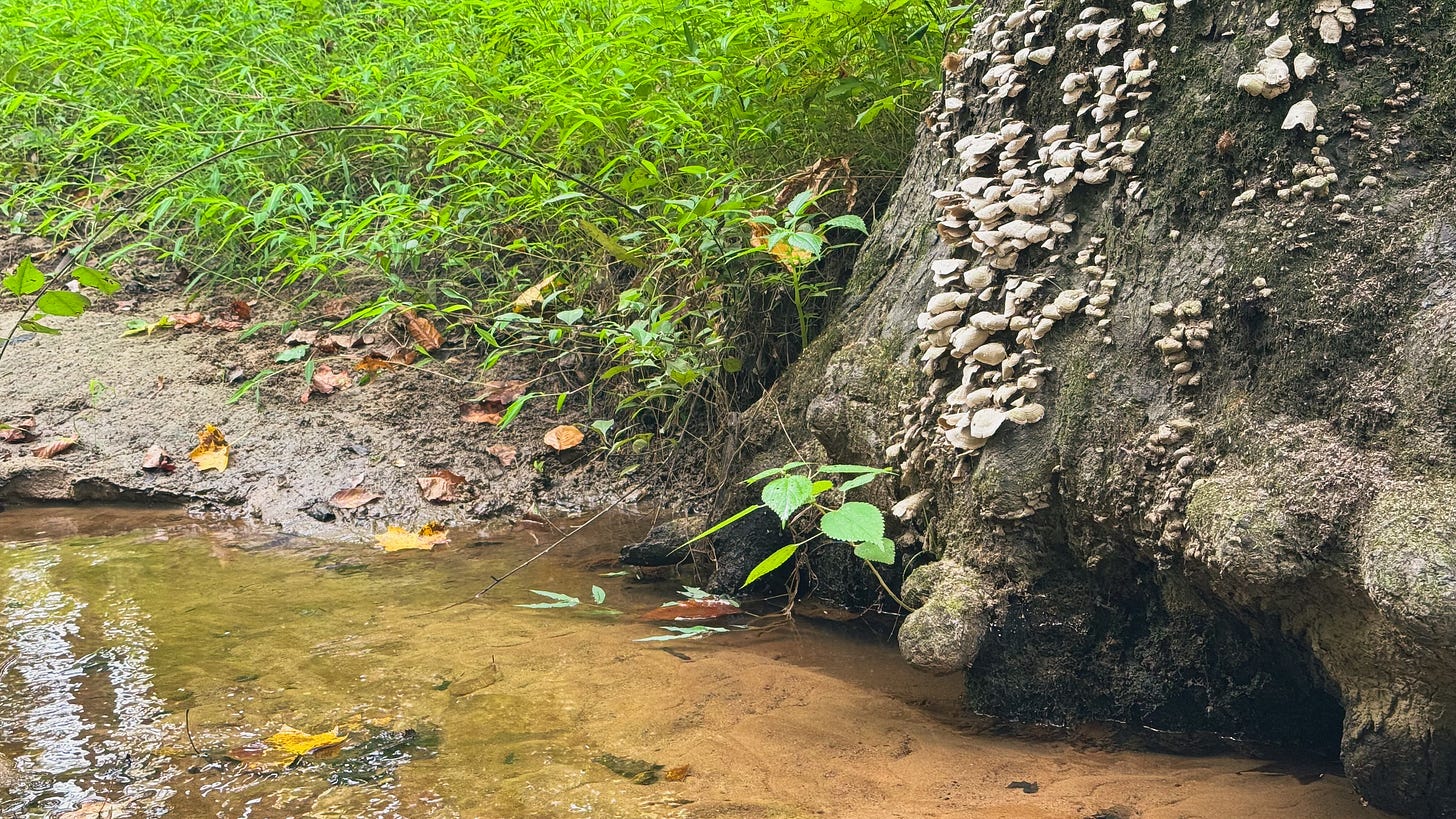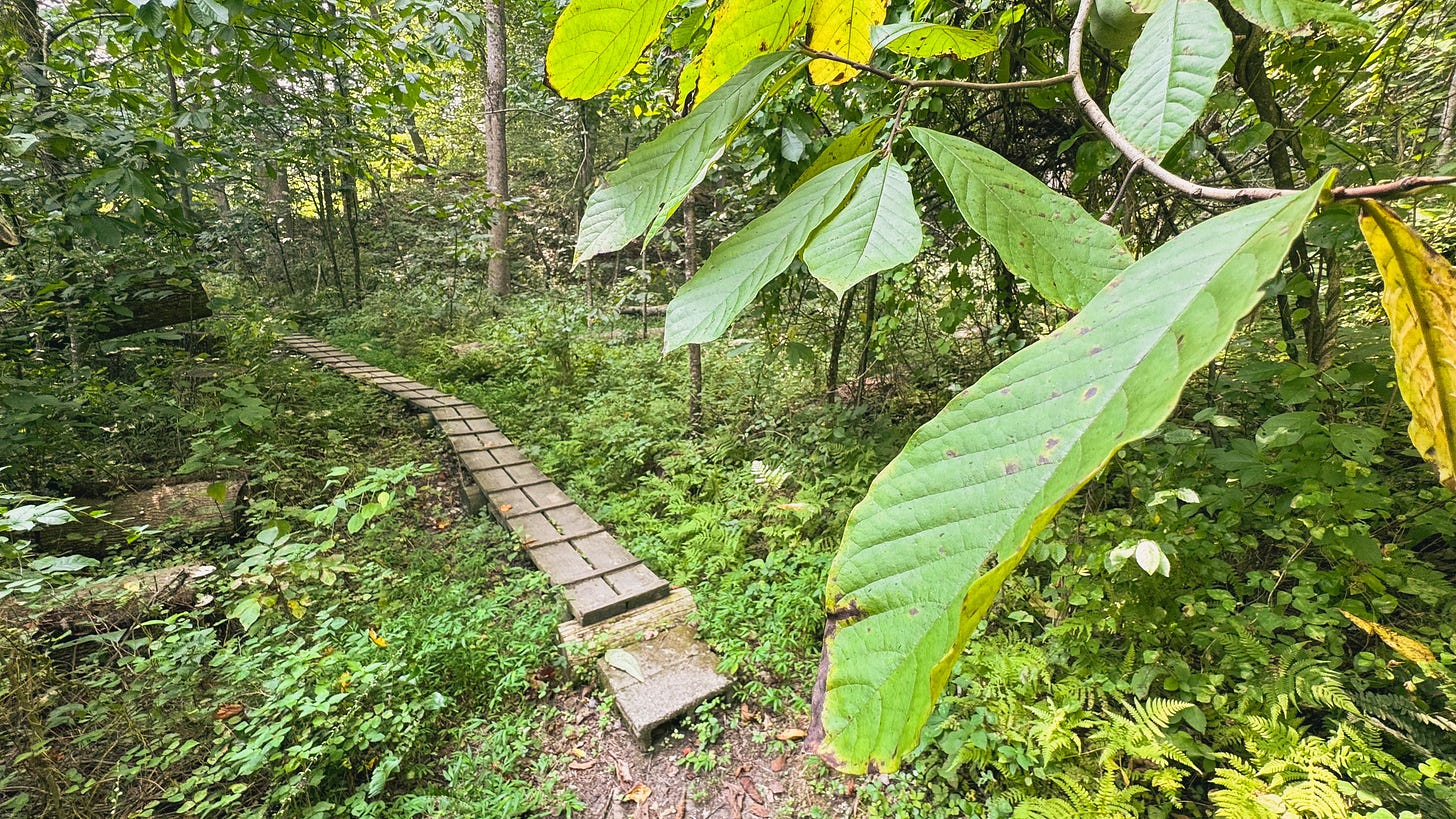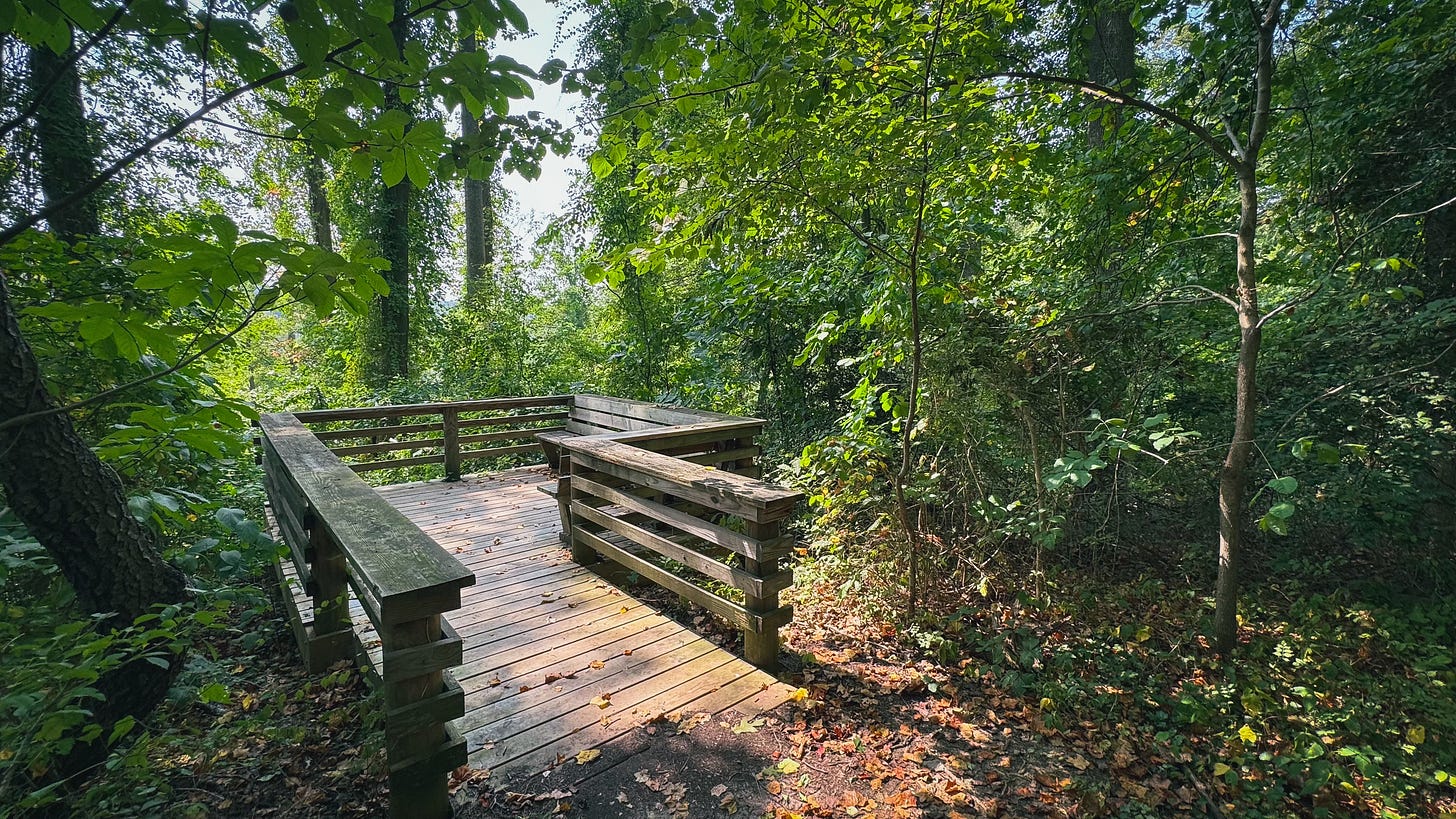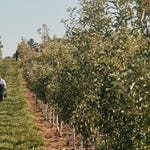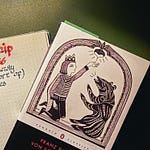C’mon, let’s go for a bit of a walk.
The trees are set to change and the weather’s about perfect. Besides, we’ve got some weird, important stuff to discuss. A little bit of history, sociology, and the technology of magic. Let’s get some fresh air while we talk.
I saw this video on the YouTubes recently. Dr. Gwilym Morris-Baird—you follow him at all?—tried to nail down just what a pre-Indo-European bard might have been like. What was likely to be their job? How did they do what they did? He looked at the Anglo-Saxons, Irish, Welsh, Germans, Norse and Greeks to develop a few theories for going a little further back into the crevices of time. I thought we might use his insights in an attempt to go forward.
He started by describing an obvious duty of any bard: praise poems, songs and stories, right? Not too surprising, but I think we tend to take the details for granted. He’s right to point out the strange power words can hold: they once turned short, fleeting moments on the battlefield into virtuous ideals that would live on in hearts and mouths for centuries. Those words would reinforce beliefs and aspirations, remind people what they stand for, and provide a shield for future generations to hoist through their own challenges and difficulties. The magic part is that knowing this doesn’t guarantee that writing one is going to work in this way—it has to be good enough, doesn’t it?
Something else happens in this process that’s even stranger.
No matter how rigid, official recitations would always be prone to embellishment, personal expression and new insight. An official court poem might be amended with a few snide lines by the town drunk that’s so funny—and importantly, so right for the moment—that his becomes the version everyone remembers.
More seriously, one teller might explain to his kids that Caílte mac Rónáin was fleet-footed due to his hunting prowess, mirroring the epic hunts he himself remembers as a child. Another might tell his that it was Caílte’s love for his friends, his desire to always be the first to answer when they needed help, that was the source of his speed. It’s not for nothing that myths tend to develop a thousand faces.
In this way, myths aren’t anything like fossils or unearthed relics—they’re pearls. Sure, they can start out humbly enough. Maybe a simple praise poem about a people’s champion and his roving band of compatriots. Over time, they develop layers of cultural wisdom so varied that no one person could ever claim responsibility or ownership.
Dr. Morris-Baird suggests that myths kept our ancestors present, extended the lives of benevolent rulers far beyond their years and weakened the hand of tyrants. They could just as easily synchronize the breath and the will of a people in battle as they could reinforce shared histories to foster peace. Bards would shape a culture’s view of itself, its past and its future. A kind of cultural midwife to reality is how he put it, and I think that’s not far off.
Odd stuff, though, right? But as entertaining and confusing as it is to go back into the past of myth, I don’t think that’s where they belong.
There are few topics less divisive and inherently caustic as political leadership—in part because no one can even agree on who we should be looking up to. To what standard should we compare these people against? Who are our champions?
Families really move around these days, and often, ancestry only comes up on holidays that accommodate binge drinking. What can our predecessors give to us that’s currently missing? Can we understand our place in the world a little better if we take seriously everyone who got us here?
In a world of voice-spoofing AI, spiritual chatbots and generative spouses, do we know the difference between golden slippers and iron shackles? Better yet, when we’re sold the idea of perpetual peace in the kingdom, what should we know is right around the corner?
We don’t seem to have much bearing on the kind of story our culture is trying to tell. But unlike pearls, myths don’t stop growing after we pry them free. There’s still more they have to tell us, but they need to speak with modern voices if they’re to be more teacher to us than term paper.
Anyway, here we are! Not a bad view, eh? It might be hard to see right now—there’s a lot more foliage with the invasive species blocking the view—but it gets better in the winter. You can see the water much more clearly once the weeds wither out. Let’s say we sit a spell before heading back.




